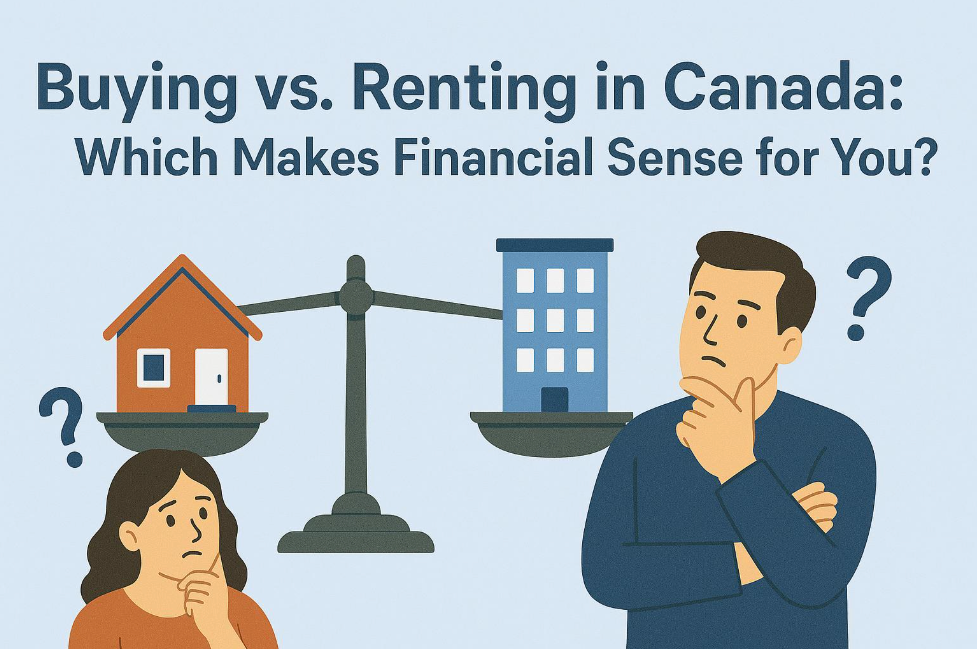Top 10 Reasons to use a Mortgage Broker!
 . “…
. “…
A recent Bank of Canada report confirmed that “… mortgage borrowers who use a mortgage broker pay less, on average, than borrowers who negotiate with lenders (banks) directly…” But according to the 2013 CMHC Consumer Survey only 23% of consumers getting a mortgage used the services of broker to arrange their mortgage.
Your home will likely be the biggest investment you will make. Mortgage shopping can be daunting and stressful for those who’ve never done it before, so it’s tough to know when you’re getting the best rate, OR if the terms and conditions of the mortgage are best suited to your specific circumstances. As a licensed Independent Mortgage Professional, I am often asked “why should I use a Mortgage Brok er?” Here is my answer every time. Every person has their own goals and plans. Mortgage Brokers specialize in making sure your financing is in order, in order to facilitate your dreams of owning a home.
- A Mortgage Broker has the educational background and training to provide a consumer with a wide variety of choices for a mortgage that fits your needs.
- Mortgage Brokers are specialists in ALL mortgage products . Our role is to act as a link between you and the banks/lenders so that you do not have to spend your valuable time learning about mortgages and shopping around for the perfect mortgage.
- Mortgage Professionals can work with many different lenders across Canada, rather than working for one financial institution. Therefore Mortgage Brokers can offer you more choices with competitive rates and terms.
- A Mortgage Professionals’ expert, unbiased and fast service is FREE
! We are only paid when a loan is approved, therefore our assistance will cost you nothing.
- Since Mortgage Professionals are not tied to any specific lending institution, they are compensated when your mortgage funds, by getting a “finder’s fee” from the lender.
- Having the right mortgage product can save you thousands of dollars
in future interest, penalties and stress.
- You will not get the best rate and terms if you limit yourself to only one bank.
- Mortgage Brokers will save you time . Mortgage brokers will do all of the legwork for you in terms of paperwork and negotiating with lenders. They will also be your point of contact for everything related to your financing your home.
- By choosing a Mortgage Professional, you can access all your mortgage options with just one phone call, one application
.
- A Mortgage Broker pulls one credit bureau and takes that information to the various lending institutions. This way you don’t impact your credit score by having each financial institution run your credit score separately.
- Banks sometimes push you to consolidate all your banking services with your mortgage including credit cards, insurance and lines of credit, etc.
- Mortgage Brokers are focused on your mortgage.
- For those with blemishes on their credit report or a lower income, Mortgage Professionals have access to alternate lenders and private lenders, helping clients find the financing they require.
- Your Broker knows exactly what information and documentation the lender requires and will help you get everything together
making the process much easier for you.
- They will explain all the legal conditions to you in plain English and help you through the document collection phase, making the process much easier and faster for you.
Mortgage rates and products are constantly changing. By choosing to work with a Mortgage Professional, you can access all your mortgage options with just one phone call and one application.
Contact me today for your mortgage evaluation.
Kelly Hudson
Mortgage Expert
Mobile: 604-312-5009
Kelly@KellyHudsonMortgages.com
www.KellyHudsonMortgages.com






